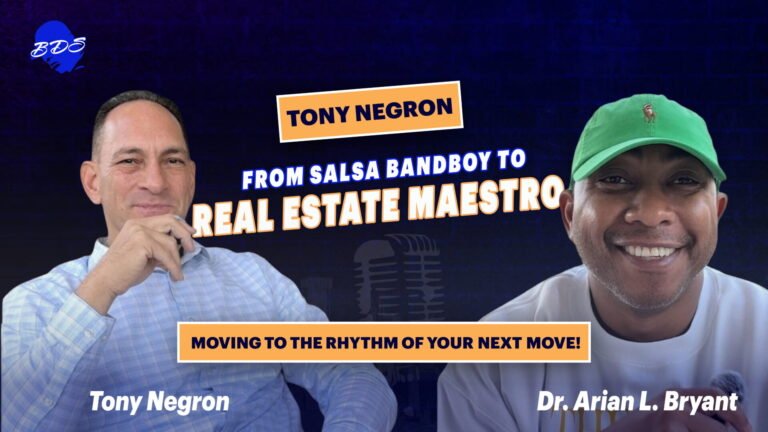Short Essay: My Heart Hurts, But My Vision Is Clear
Introduction

Throughout history, progress has often been met with resistance, and the United States is no exception. The battle for equality, justice, and democracy has not only shaped the country’s past but continues to define its present. Yet, in recent years-months-weeks-days, we have witnessed a disturbing trend: a desire to roll back the rights our forefathers and foremothers fought to secure. As the political landscape grows increasingly polarized, attempts to erase or sanitize history threaten to undo hard-won progress. Project 2025 and similar initiatives aimed at controlling educational narratives signal a profound danger, highlighting that this is not just about limiting education; it is about controlling memory, shaping identity, and instilling compliance (Goldberg, 2022). For those who understand history, this is not surprising. Instead, it is a reminder of how deeply rooted fears and prejudices can resist change. Now, more than ever, we must be vigilant, resist complacency, and commit to preserving the freedoms secured through struggle and sacrifice.
The Cycle of History and the Threat of Repeating It

As philosopher George Santayana famously noted, “Those who cannot remember the past are condemned to repeat it” (Santayana, 1905). Historical cycles often manifest as backlash against social progress, rooted in a fear of change. This pattern has deep roots in America, dating back to the Reconstruction era. Following the Civil War, efforts to integrate formerly enslaved Black Americans into the democratic framework were met with the rise of Jim Crow laws, designed to reassert white supremacy and strip Black citizens of their rights (Anderson, 2016). Similar backlashes have occurred following almost every major advancement toward equality, from the civil rights movement of the 1960s to recent gains in LGBTQ+ rights (Smith, 2019).

Today’s political climate mirrors these patterns. With movements to limit teaching about systemic racism, LGBTQ+ rights, and civil rights history, America risks perpetuating ignorance. This is not a coincidental or isolated shift but part of a concerted effort to maintain the status quo by those who fear the potential for a more equitable, pluralistic society (Foner, 2018). By suppressing comprehensive history, these forces seek to ensure that the next generation lacks the knowledge necessary to challenge power structures.
Education as a Battleground
Education has always been a battleground for shaping national identity. By controlling the narrative taught in schools, those in power influence what citizens know and, importantly, what they do not. Initiatives like Project 2025 are intended to restrict how history, race, and power are discussed—not to protect students but to mold a generation less likely to question inequality (Goldberg, 2022). This agenda reveals a persistent fear of America’s changing demographics and the perceived “minoritization” of white citizens, a fear that has become deeply ingrained in political rhetoric and policymaking (Hochschild, 2020). When we deny the full scope of American history, we deny students the tools to understand and challenge social injustices.

This effort to sanitize education is a deliberate move to cultivate a sense of false security, obscuring the systemic injustices that continue to harm marginalized communities. The focus is not truly on protecting students but on cultivating a generation that sees social inequality as the status quo. When we allow this selective memory to dominate, we abandon the spirit of democratic inquiry that should define America (Kendi, 2021).
The Power of Truth and the Duty of Resistance

For those who find the current state of affairs disheartening, remember that the power of knowledge remains a profound tool for resistance. History reminds us that progress requires a continuous struggle, an unflinching commitment to confront uncomfortable truths. As James Baldwin said, “I love America more than any other country in the world and, exactly for this reason, I insist on the right to criticize her perpetually” (Baldwin, 1961). Baldwin’s words highlight the patriotic duty to hold our country accountable, a sentiment more relevant today than ever.
Our role is not simply to aspire to a better America but to actively work toward it. This requires acknowledging the flaws in our systems and resisting any movement that seeks to return us to a past defined by exclusion and division. Donald Trump’s recent rise is not an isolated phenomenon but a symptom of a deeper, more pervasive issue. The forces behind his popularity do not represent a deviation but rather a reflection of values that have long been embedded in America’s fabric (Dionne & Ornstein, 2022). Recognizing these truths may be painful, but it grants us the clarity needed to confront them.
A Call to Action

The struggle to preserve history and secure justice is not a task we can abandon to others. It demands active participation, informed resistance, and a refusal to let fear dictate our future. We are responsible for safeguarding the rights our ancestors fought to secure, knowing that every generation must confront its own cycle of regression. This is the essence of democratic resilience—facing history unflinchingly and choosing to forge a better future.
We cannot simply hope for a more just America; we must be the architects of that vision. By arming ourselves with knowledge and standing united against efforts to erase our collective memory, we affirm our commitment to a country that lives up to its promises. This is America—a nation that, despite its flaws, has the potential to transform. It is up to each of us to ensure that potential is realized.
References
Anderson, C. (2016). White rage: The unspoken truth of our racial divide. Bloomsbury Publishing.
Baldwin, J. (1961). Nobody knows my name: More notes of a native son. Dial Press.
Dionne, E. J., & Ornstein, N. J. (2022). One nation after Trump: A guide for the perplexed, the disillusioned, the desperate, and the not-yet-deported. St. Martin’s Press.
Foner, E. (2018). The second founding: How the Civil War and Reconstruction remade the Constitution. W.W. Norton & Company.
Goldberg, M. (2022, March 12). Project 2025: The quiet rollback of rights in America. The New York Times. https://www.nytimes.com
Hochschild, A. R. (2020). Strangers in their own land: Anger and mourning on the American right. The New Press.
Kendi, I. X. (2021). How to be an antiracist. One World.
Santayana, G. (1905). The life of reason: Introduction and reason in common sense. Charles Scribner’s Sons.
Smith, R. M. (2019). Political peoplehood: The roles of values, interests, and identities. University of Chicago Press.







